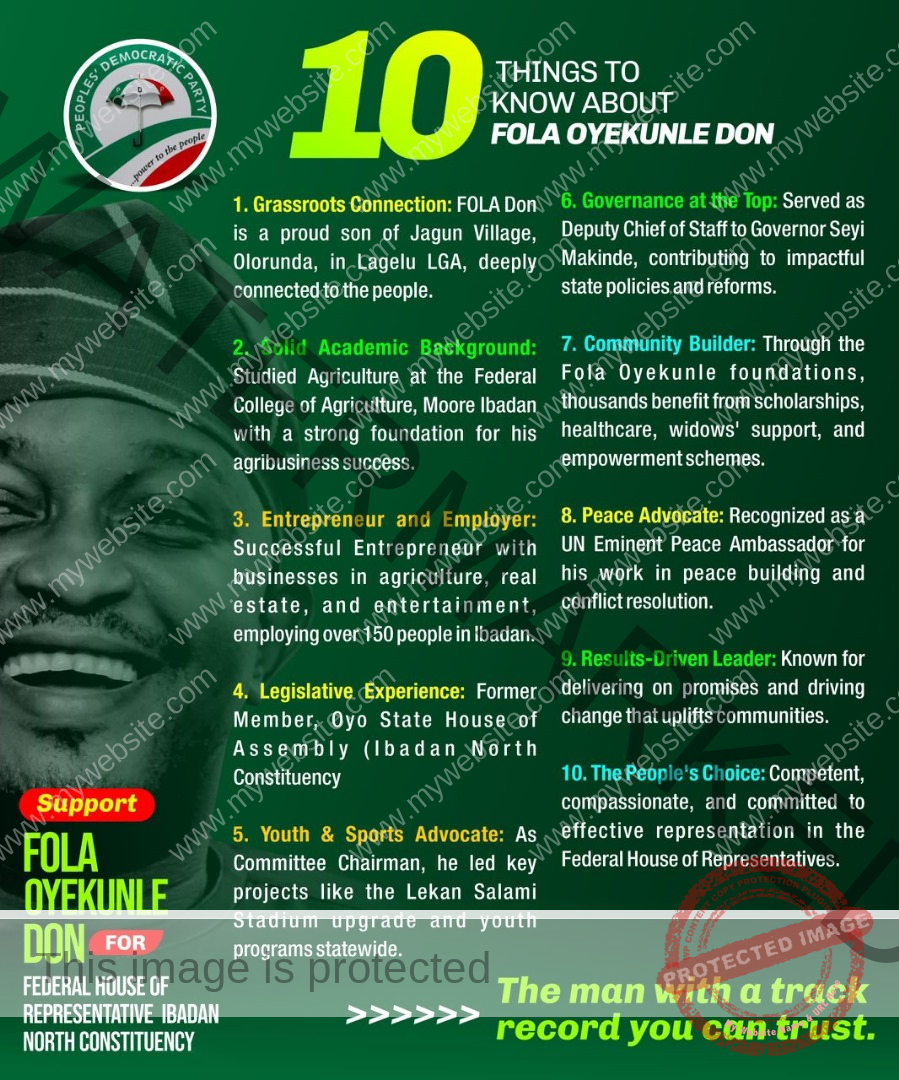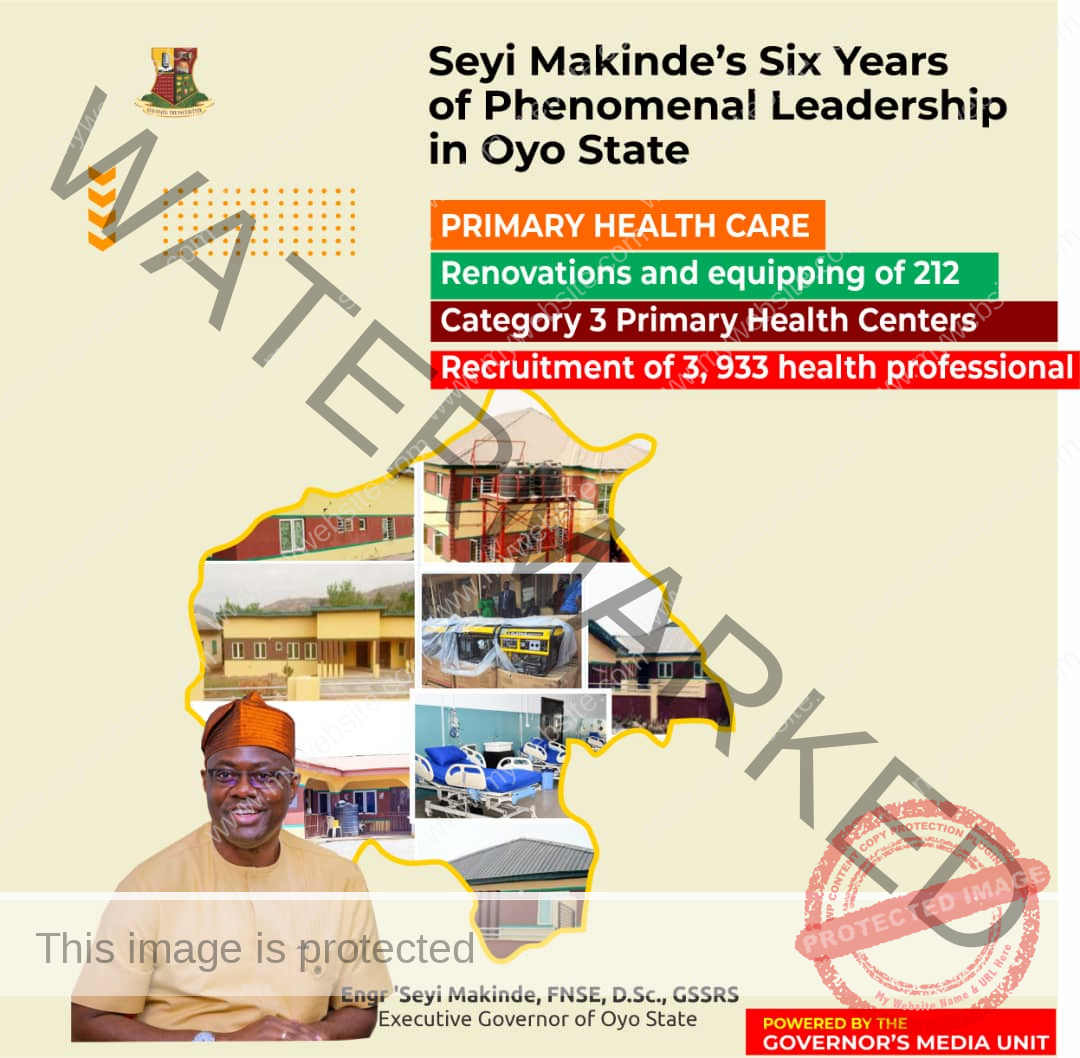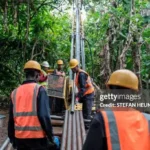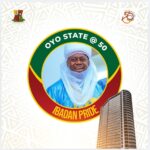

The lead story of The Punch edition of Friday, July 18, was capable of raising the blood pressure of many family heads in this country. The headline read: Shocking surge: Electricity subsidy jumps 220% to nearly N2tn. The headline detailed the sudden rise in the nation’s electricity subsidy scheme between 2023 and 2024. If care is not taken, that could be a pointer to a push for an increment in the amount payable for electricity, something the Minister of Power, Adebayo Adelabu, has been canvassing in recent months.
According to the report, the Federal Government’s subsidy on electricity tariff rose from N610bn in 2023 to N1.94tn in 2024, a 219.67 per cent increase, despite the introduction of the Band A tariff on a section of electricity customers in April 2024. The Band A customers are put at 40 per cent of the electricity customers.
The newspaper’s report, however, indicated that the Nigerian Electricity Regulatory Commission (NERC) and some analysts had observed that the subsidy figures rose after the floating of the naira and the removal of fuel subsidies by the administration of President Bola Tinubu. This is an acknowledgment of the fact that macroeconomic indicators are responsible for the burgeoning hike in the acclaimed subsidy. In a way, it also showcases the fact that the rising subsidy figure may not be connected to the volume of power consumption and supplies to the end users. That is something that punches the minister’s persistent push for a “cost-reflective” electricity tariff, especially as all previous tariff hikes have failed to yield improved supply.

The report further broke down the N1.94 trillion subsidy debts, which it puts at 62.59 per cent of NBET’s invoice during the year as amounting to an average of N161.85bn per month. The Federal Government was reported to have paid only N371.34m out of its N1.94tn subsidy obligation for 2024, an amount that equals 0.019 per cent of the debt. The report further delved into the details of the indebtedness on a DISCO by DISCO basis. As shown in the data, while the total subsidy obligation of the Federal Government stood at N1.94 trillion, Abuja DISCO accounted for approximately N285bn; Ikeja, N272bn; and Ibadan, N236bn. Eko DiSCO N231bn, Benin incurred N169bn, and Enugu at N161bn. Port Harcourt is said to have incurred a debt of N149bn, while N128bn is for Kaduna, N124bn for Kano, N118bn for Jos, and N67bn for Yola DiSCO.
If we add this alarming report to earlier claims by the power minister that the nation’s indebtedness to the sector was above N4 trillion, then we might easily come to this question: Can something good come out of Nazareth?
But despite the near-flawless data presentation of the humongous electricity subsidy debt, it is only appropriate that the administration applies caution in offsetting the computed amount. This will enable Nigerians and all stakeholders to answer some pertinent questions. Nigeria’s experience during the fuel subsidy regime should come in handy here. During the administration of President Goodluck Jonathan, we were told that the nation was struggling with a subsidy in the realm of N1.5 trillion, and that if the subsidy is removed, the government would be in a position to plough back the savings into other productive ventures. We were also told that the nation was consuming about 40 million litres of petroleum products per day. The administration of President Muhammadu Buhari came in 2015 and increased the daily consumption figure to about 66 million litres per day, even when we could not account for an improved economy that would afford ownership of more cars by Nigerians. Imagine if the government were paying only N10 per litre as subsidy, the amount to be incurred on the extra 26 million litres, as computed by the NNPCL, would turn out to be a princely sum at the end of the day. But the figures were retained till Buhari completed his second term in office in May 2023. We cant imagine how much has been shaved off illegally from the nation’s purse through the balooned figure. Now that President Tinubu has opened up the sector with his famous ‘subsidy is gone’ statement in May 2023, the wind has blown, and the chicken’s rump is laid bare.
And who else is well placed to reveal the stark figures that have been used to assail the nation’s economy through the subsidy scam all these years? Aliko Dangote, the operator of Dangote Refineries, Lekki, Lagos, foots that bill. He recently spoke while hosting the Global CEO Africa at the refinery, where he described the oil business as “a mafia business,” which he said he was reluctant to enter into. He said that Nigeria’s daily fuel consumption figures were grossly exaggerated, an indication that the nation was fleeced for so many years.
According to him, Nigeria’s daily fuel consumption of petrol is approximately 33 million litres, a figure that is 17 million litres less than the figures arrived at by the Nigerian Midstream and Downstream Petroleum Regulatory Authority (NMDPRA).
Dangote said: “The fuel requirement of Nigeria, which we believe, based on our own estimation, is a consumption of 33 million litres per day. But, you know, because it was a subsidised item, they bloated the numbers, at one point, even to 90 million litres. But we don’t have that number of vehicles. So, real consumption is about 33 million litres of petrol.”
Africa’s richest man also told members of the Global CEO Africa that Nigeria’s aviation industry uses about three million litres per day, while diesel consumption amounts to 10 million litres daily.
He said: “So in all, we believe 46 million litres (of petrol, diesel and jet fuel) would satisfy these three products’ needs while we are going to produce 104 million litres every day,” adding that his refinery will generate 34 million tons of petroleum annually, while 58 million litres of that figure going to export.
Going by the submissions by Dangote above, it is obvious that the regimes of fuel subsidy ran for nearly 20 years in this country were a huge scam. It is a market opened to defraud the innocent Nigerians and wash their hands clean of hard-earned savings. It was also a huge crater dug in the pocket of the Nigerian federation, such that the more money it makes, the poorer it becomes. Having inadvertently and somewhat deliberately accommodated such a 419 ring for that long, resulting in the monumental scams that nearly swept away the purse and its owner, should Nigeria not be wary of entering into another ring in like manner? Is it not possible to recall all the GMDs of the NNPC and NNPCL, as well as the Ministers of Petroleum and Ministers of State, as the case may be, to account for the humongous difference in the fuel consumption figures over the years? Recall that the daily consumption rates were relied upon to calculate the so-called NNPC’s recoveries and under recoveries over the years, as well as the determination of the amounts payable as subsidy costs by the Federal Government.
So, if that was the case with the NNPC and the subsidy regime, who says the NERC, NBET, GENCOs, and DISCOs cannot forge a dangerous collusion that would return the kind of subsidy bazaar that was witnessed in the fuel sector? The elders say that a man who is hard to come to tears should start drawing his tears from a far distance. Therefore, it is incumbent on the people of Nigeria to ask the operators of the power sector to apply the brakes while some brief checks are undertaken, so that as to ensure a clear head in the determination of the electricity subsidy figures.
Some of the imperative questions include how the NERC and co determined the costs payable? What is the rate of collection by the DISCOs? A situation where the distribution companies cannot collect accurate charges for power supplied should not arise. And if that must be the case, the government must first deal with the mischief that makes it difficult to achieve a 100 per cent metering of customers. One way of making that a reality is to completely ban the DISCOs from issuing or collecting money via estimated bills. Pre-paid meters should be distributed free to all consumers, while stringent laws are made to punish anyone who bypasses supplies. Such punishments could include jail terms and community service on the very street on which the crime is committed. If such strict measures are not taken, I am afraid the Minister of Power can shout himself hoarse; he would probably leave the sector either in the same spot he met it or even worse.
You can get every of our news as soon as they drop on WhatsApp ...To get all news updates, Join our WhatsApp Group (Click Here)













